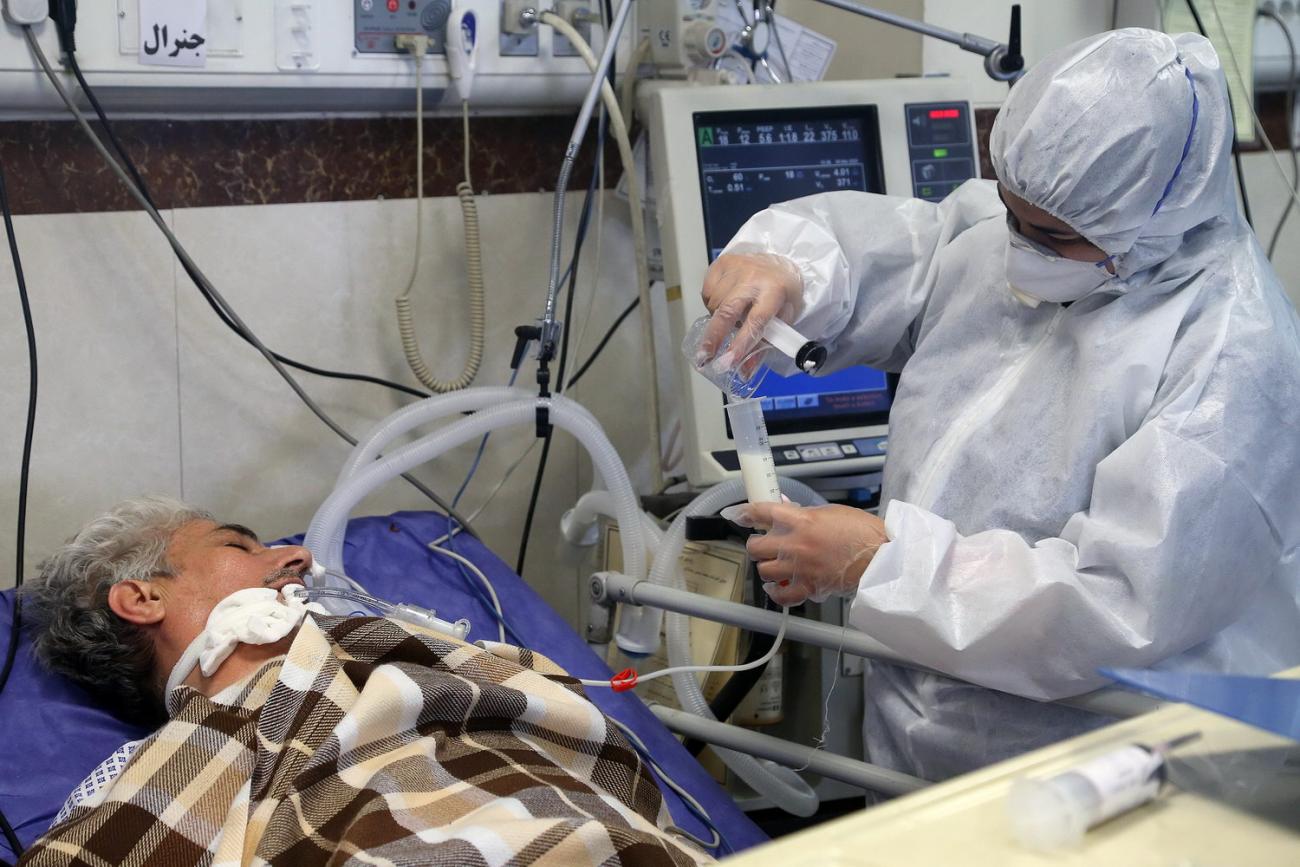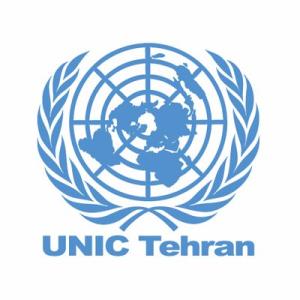During Ramadan, the United Nations in the Islamic Republic of Iran has continued efforts to assist the Government’s response to the COVID-19 pandemic.
“I extend my warmest wishes Eid-al-Fitr and I am sure that for many observing Ramadan was very different this year. COVID-19 has claimed over 320,000 lives worldwide, left us with a virus we still do not fully understand, and thrown us into the worst socio-economic crisis in almost a century,” said Ugochi Daniels, the UN Resident Coordinator in Iran.
Since the first COVID-19 cases were confirmed in Iran in February, UN agencies in the country quickly mobilized to support the national struggle against the outbreak. But the pandemic has caused a world crisis that will only be contained through large scale cooperation and collaboration. The UN in Iran is maximizing our global initiatives to sustain the Government’s efforts to fight the virus.
UN response in Iran – brief overview: UN in Iran has provided technical guidance and in-kind assistance to the Government, including the Ministry of Health and Medical Education (MoHME) to mitigate the impact of COVID-19 on the most vulnerable. Assistance includes but is not limited to:
- Test kits, arterial blood gas analyzers and other medical supplies to more than 100 laboratories and hospitals in Iran.
- Medicines to enable Iran to contribute data to the Solidarity Trial , a global UN-led study to identify already approved medicines’ effect on Coronavirus patients.
- Over 76 tons of personal protective equipment for front line workers as well as professionals across Iran taking care of the elderly, children with disabilities, and other groups with special needs.
- As Iran is the 6th largest refugee-hosting country in the world, the UN has provided hygiene items and food assistance to 31,000 most vulnerable refugees living in settlements and protection items for humanitarian service workers. The UN continues to provide psycho-social counseling and legal advice through helplines, as well as targeted, one-off cash assistance when a helping hand is urgently needed.
- Other UN initiatives are supporting government efforts to protect and assist women, girls, the elderly, people living disabilities, drug users, parents, teachers and others.
It is now clear that the long-term effects of the pandemic will negatively impact the world economy for many years to come. On May 14, the UN updated its plans on how to expand global efforts to mitigate the rampant effects of the pandemic. The UN, released the COVID-19 Global Humanitarian Response Plan, issuing a US $6.7 billion appeal to stem the spread of the virus, distribute medicines and equipment, and protect millions of lives from the disease and accompanying impacts. As Iran is the tenth most COVID-19 affected country globally, it has been included in this global plan for continuous support.
UN in Iran acknowledges the Government’s socio-economic initiatives which are already providing relief and support to vulnerable households and small businesses. The UN is currently reinforcing and scaling up programmes to sustain recovery efforts. Apart from immediate relief for the most vulnerable in COVID-19 affected families, we will focus on empowering local capacity as well as generating livelihood opportunities.
“Globally, we can see that poverty is on the rise for the first time in decades. The only way for us to get through this crisis and come out stronger on the other side, is by working together. The UN in Iran will partner with our extremely generous donors, to be able to support and contribute to the government’s efforts. We will focus on inclusive, resilient and sustainable solutions and work hard leaving no one behind”, added Ms. Daniels, the UN Resident Coordinator.
***
Further information/requests for interviews:
Maria Dotsenko in Tehran: dotsenko@un.org +98 912 116 9948
Mohammad Rajai-Moghadam in Tehran; rajai-moghadam@un.org +98 912 105 3220








